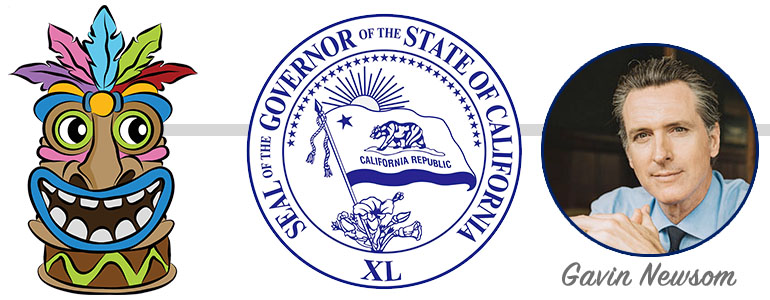
On Friday, December 23, Governor Gavin Newsom announced that he has granted 10 pardons.
The California Constitution gives the Governor the authority to grant pardons. The Governor regards clemency as an important part of the criminal justice system that can incentivize accountability and rehabilitation and increase public safety by removing counterproductive barriers to successful reentry. A pardon may also remove unjust collateral consequences of conviction, such as deportation and permanent family separation.
Pardons do not forgive or minimize the harm caused by crime. Instead, these pardons recognize the pardon grantees’ self-development and rehabilitation since then.
Governor Newsom weighs numerous factors in his review of clemency applications, including an applicant’s conduct since the offense, whether the grant is consistent with public safety and in the interest of justice, and the impact of a grant on the community, including crime victims and survivors.
While in office, Governor Newsom has granted a total of 140 pardons, 123 commutations and 35 reprieves.
The Governor’s Office encourages victims, survivors and witnesses to register with CDCR’s Office of Victim and Survivor Rights and Services to receive information about an incarcerated person’s status. For general Information about victim services, to learn about victim-offender dialogues, or to register or update a registration confidentially, please visit www.cdcr.ca.gov/Victim_Services/ or call 1-877-256-6877 (toll free).
Copies of the gubernatorial clemency certificates announced today can be found here.
Additional information on executive clemency can be found here.
James King, Ill, now a resident of Nevada, was sentenced in 1988 for the sale of cocaine by the Superior Court of California, County of Los Angeles.
Kenneth Lyerly, a resident of California, was sentenced in 2004 for possession of a controlled substance for sale by the Superior Court of California, County of Orange.
